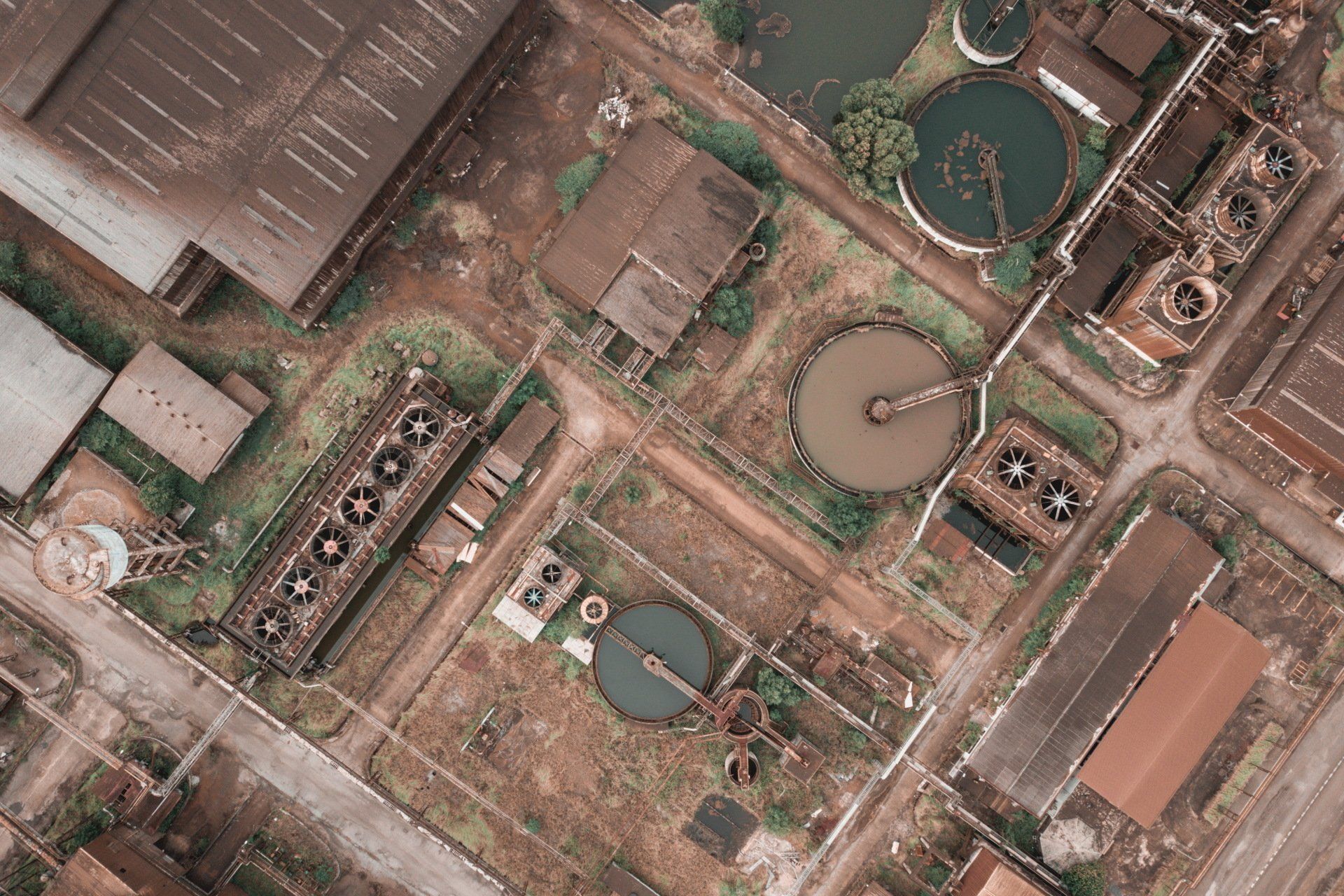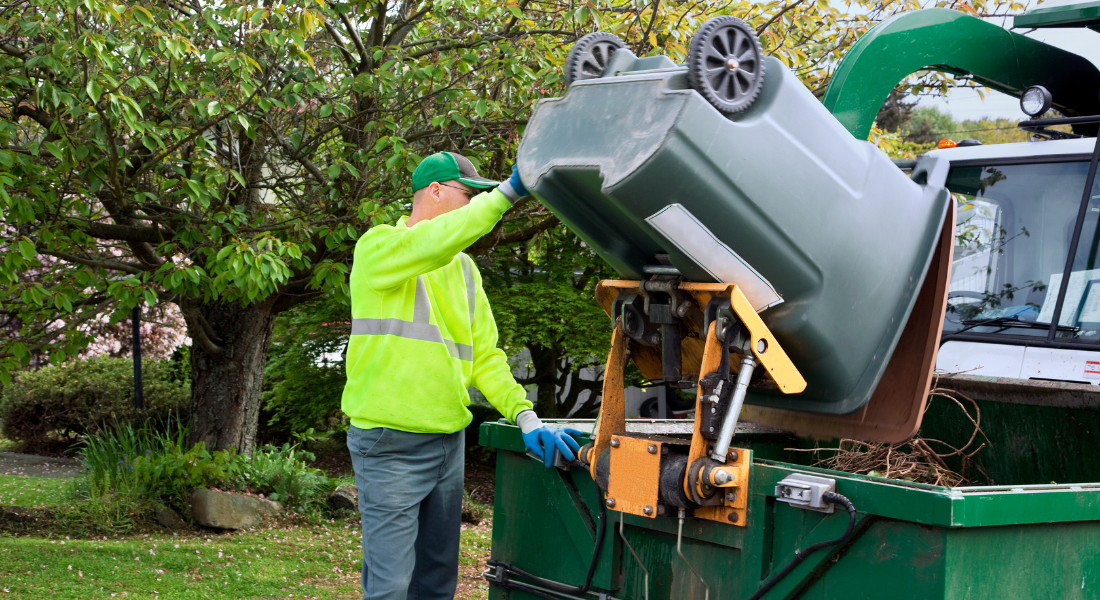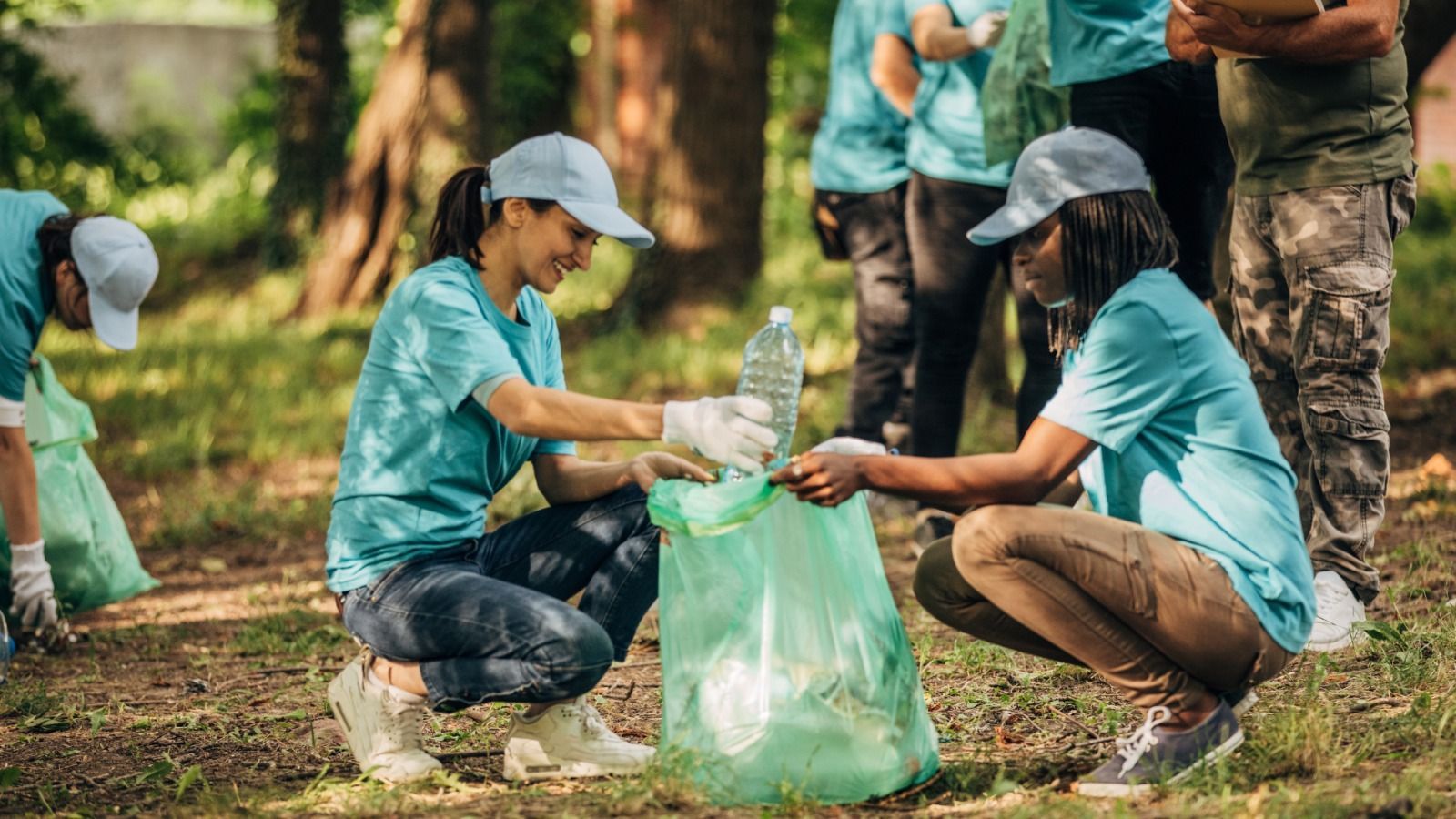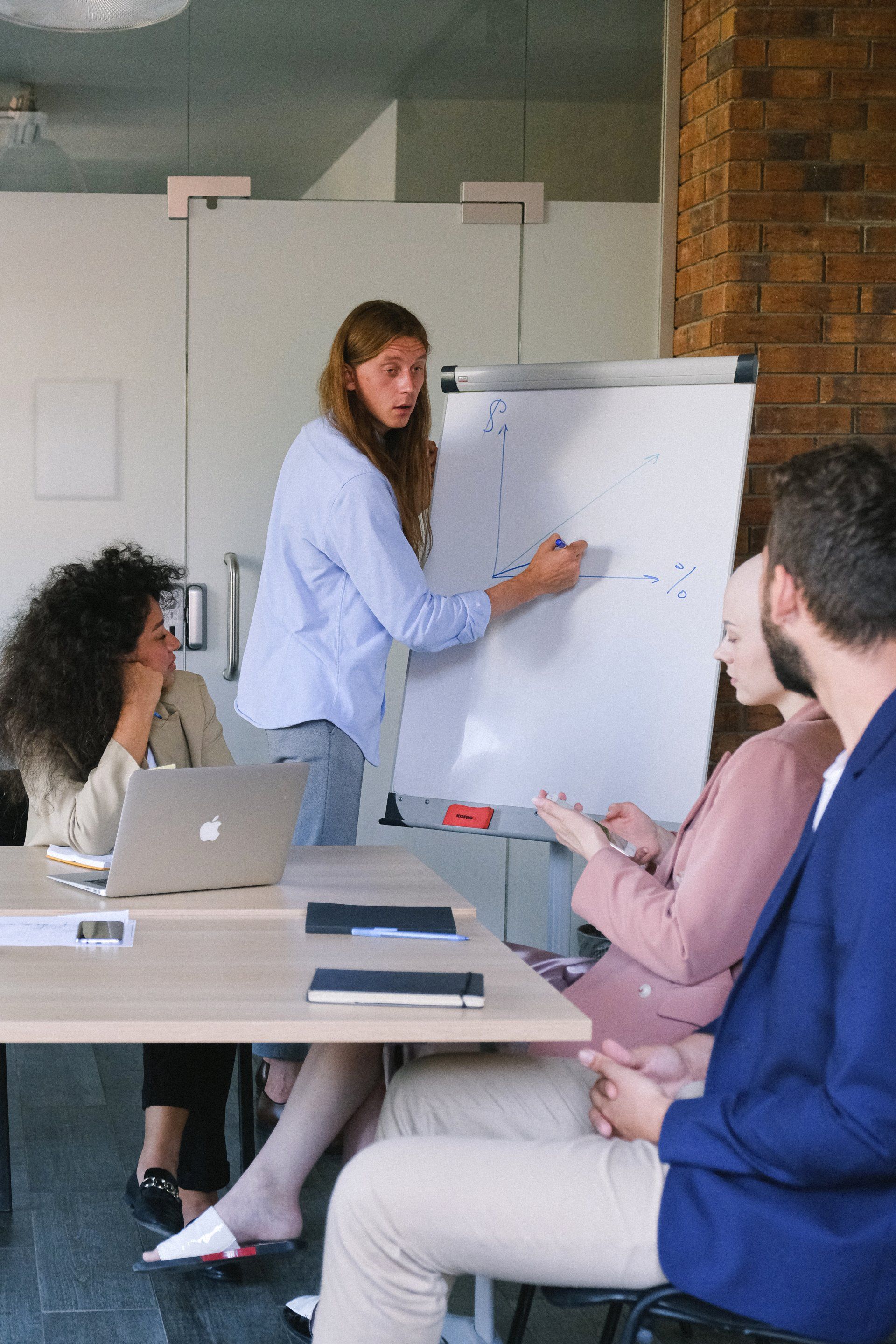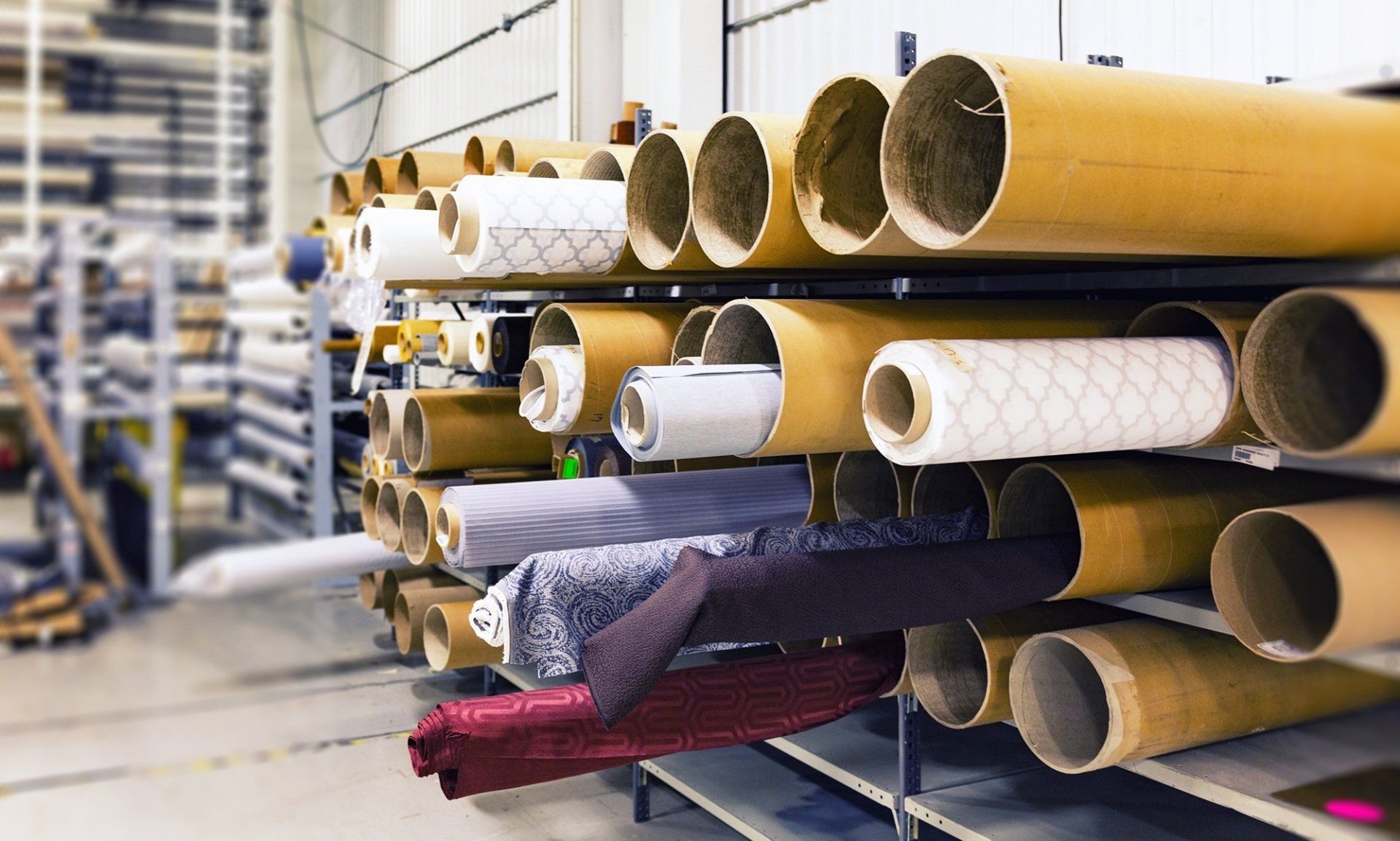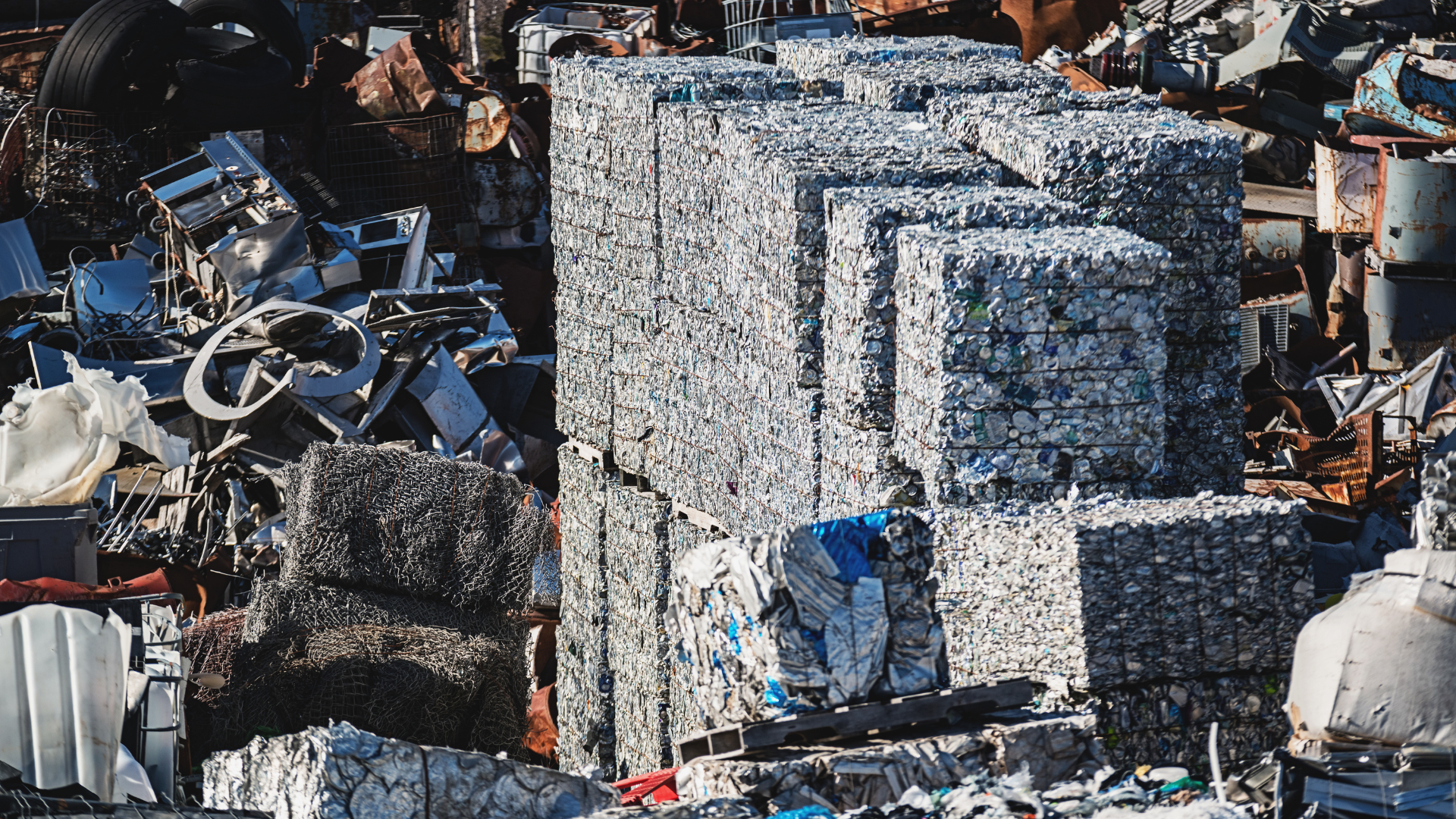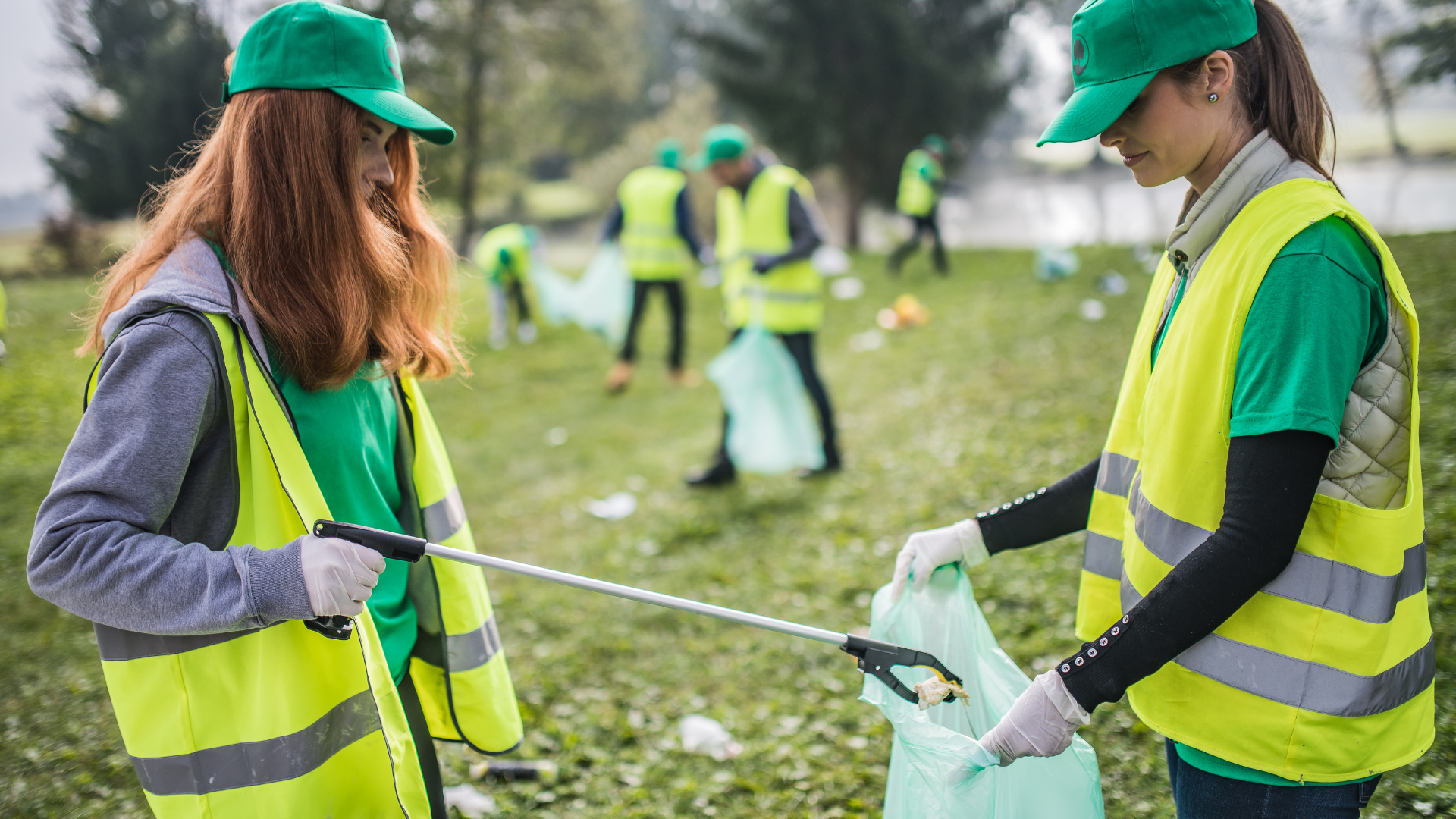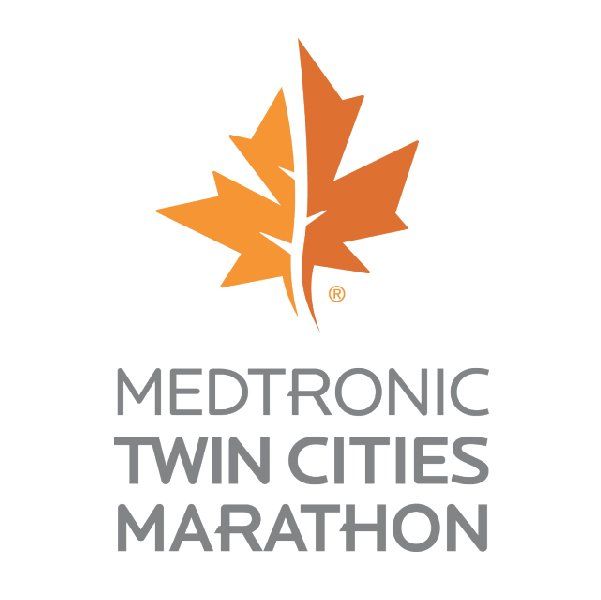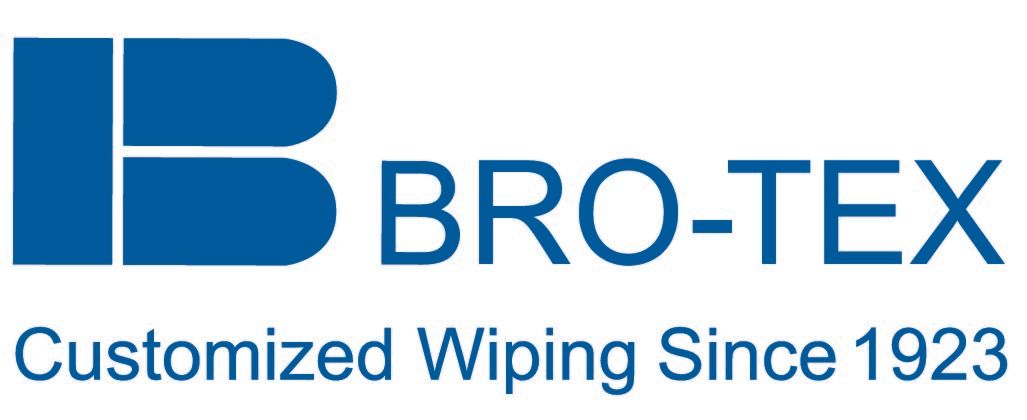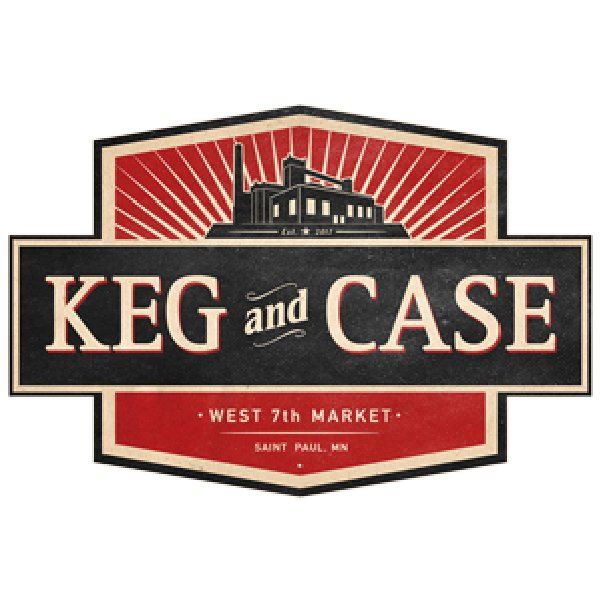Is Recycling Truly Making a Difference? Unraveling the Truth Behind Common Myths
FIND OUT HOW YOU CAN SAVE OVER 30% ON YOUR WASTE COST
WHILE IMPROVING THE SERVICE LEVEL
We Will Provide A Free Waste Savings Audit.

Recycling: a word that sparks hope for a greener future. But is it as effective as we believe? Let's dive into the world of recycling and debunk some common myths and misconceptions.
The Importance of Understanding Recycling
It's crucial to sort fact from fiction when it comes to recycling. Misinformation can lead to ineffective practices and wasted efforts, defeating the purpose of trying to make a positive impact. So let's explore some popular recycling myths and reveal the truth behind them.
Myth 1: All Recyclables Are Created Equal
Not all materials are created equal in the recycling process. Some materials, like aluminum cans and glass bottles, can be recycled indefinitely without losing quality. Others, such as plastic, have a limited lifespan due to degradation during recycling. It's essential to understand which materials are worth recycling and focus on those with the most significant potential benefits.
Myth 2: Recycling is More Expensive Than Disposing of Waste
While it may seem costly upfront, recycling can be more cost-effective than disposing of waste in landfills or incinerators in the long run. Recycling conserves resources and reduces pollution, contributing to overall environmental health and reducing expenses related to waste management.
Myth 3: One Person's Recycling Efforts Don't Make a Difference
Think your individual efforts don't matter? Think again! If every person took steps to recycle correctly, the collective impact could be enormous. By participating in recycling programs and making conscious choices about waste disposal, you're contributing to a larger movement that can create significant change.
Myth 4: Biodegradable Items Don't Need Recycling
Biodegradable items may break down naturally over time, but that doesn't mean they should be tossed into landfills. Composting biodegradable waste can help reduce methane emissions from landfills and provide valuable nutrients for soil, making it an eco-friendly alternative to traditional waste disposal.
Myth 5: Recycling Consumes More Energy Than It Saves
Contrary to popular belief, recycling typically uses less energy than producing new materials from raw resources. For example, recycling aluminum saves up to 95% of the energy required for primary aluminum production. By conserving energy through recycling, we can reduce our reliance on nonrenewable resources and decrease greenhouse gas emissions.
Becoming a Recycling Pro: Tips for Effective Waste Management
Now that we've debunked some common recycling myths let's explore how you can make your recycling efforts more effective:
1. Learn your local recycling rules: Recycling programs vary by location, so it's essential to familiarize yourself with your community's guidelines.
2. Clean your recyclables: Dirty or contaminated items can hinder the recycling process, so give them a quick rinse before tossing them in the bin.
3. Reduce and reuse first: Before recycling, consider whether you can reduce waste or reuse items in some way.
4. Educate others: Share your knowledge with friends and family to help spread awareness about effective recycling practices.
In conclusion
Armed with accurate information and a commitment to making a difference, you can become an integral part of the solution to our planet's waste problem. Remember that every step counts no matter how small toward creating a greener future for generations to come.
GET IN TOUCH TODAY
TVG Waste Consulting provides proactive environmental consulting services. We're dedicated to saving you time, money, and making sure you have a custom solution to meet your needs. Contact us today!
Our Recent Articles
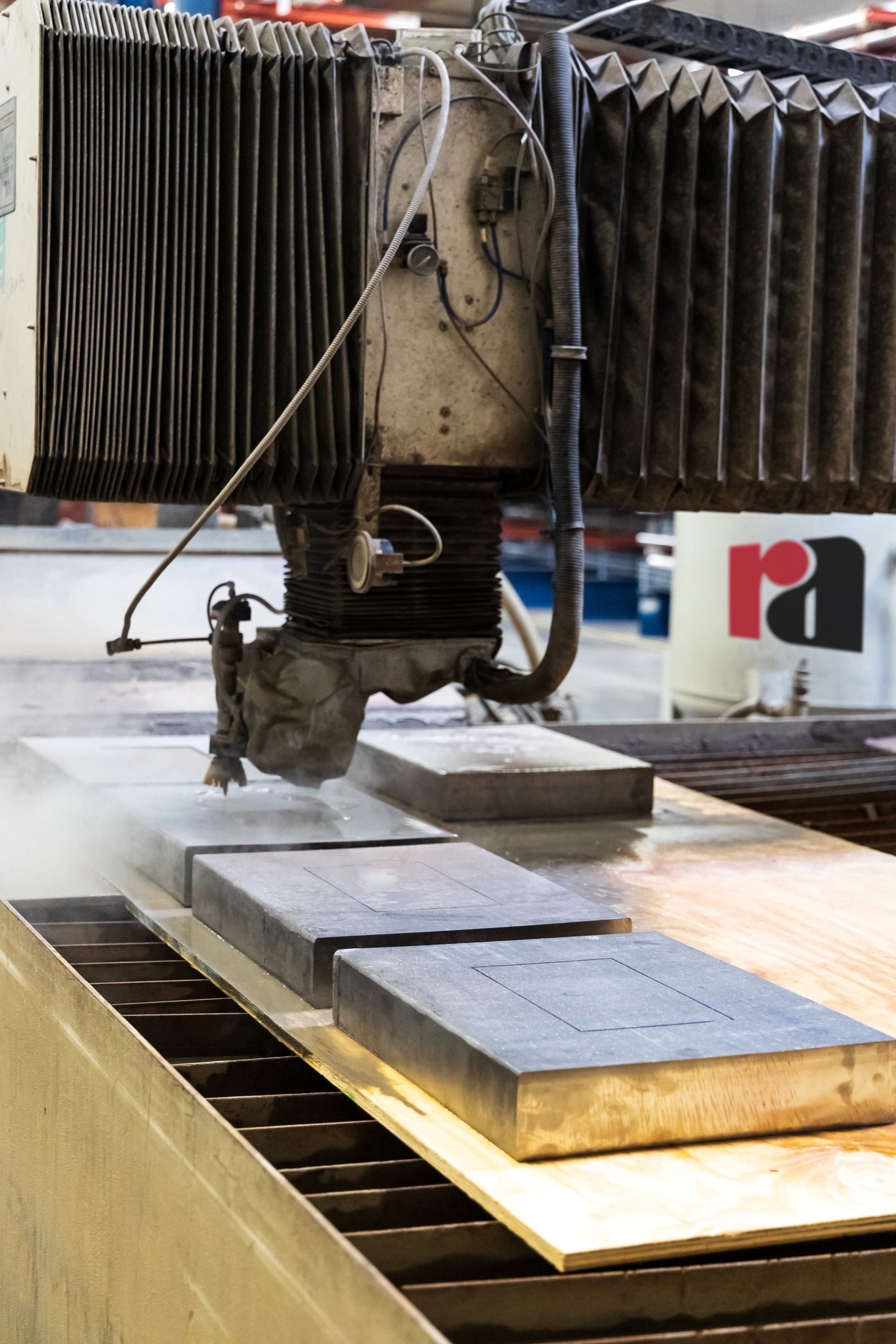
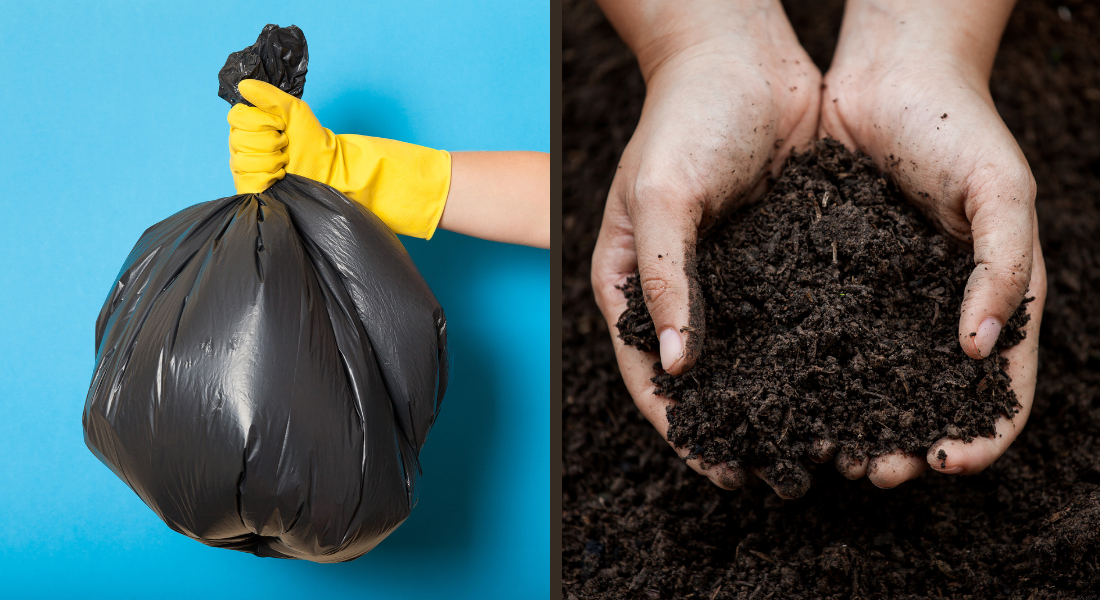
FIND OUT HOW YOU CAN SAVE OVER 30% ON YOUR WASTE COST
WHILE IMPROVING THE SERVICE LEVEL
We Will Provide A Free Waste Savings Audit.


